Home>Garden Essentials>Why Use Heirloom Seeds
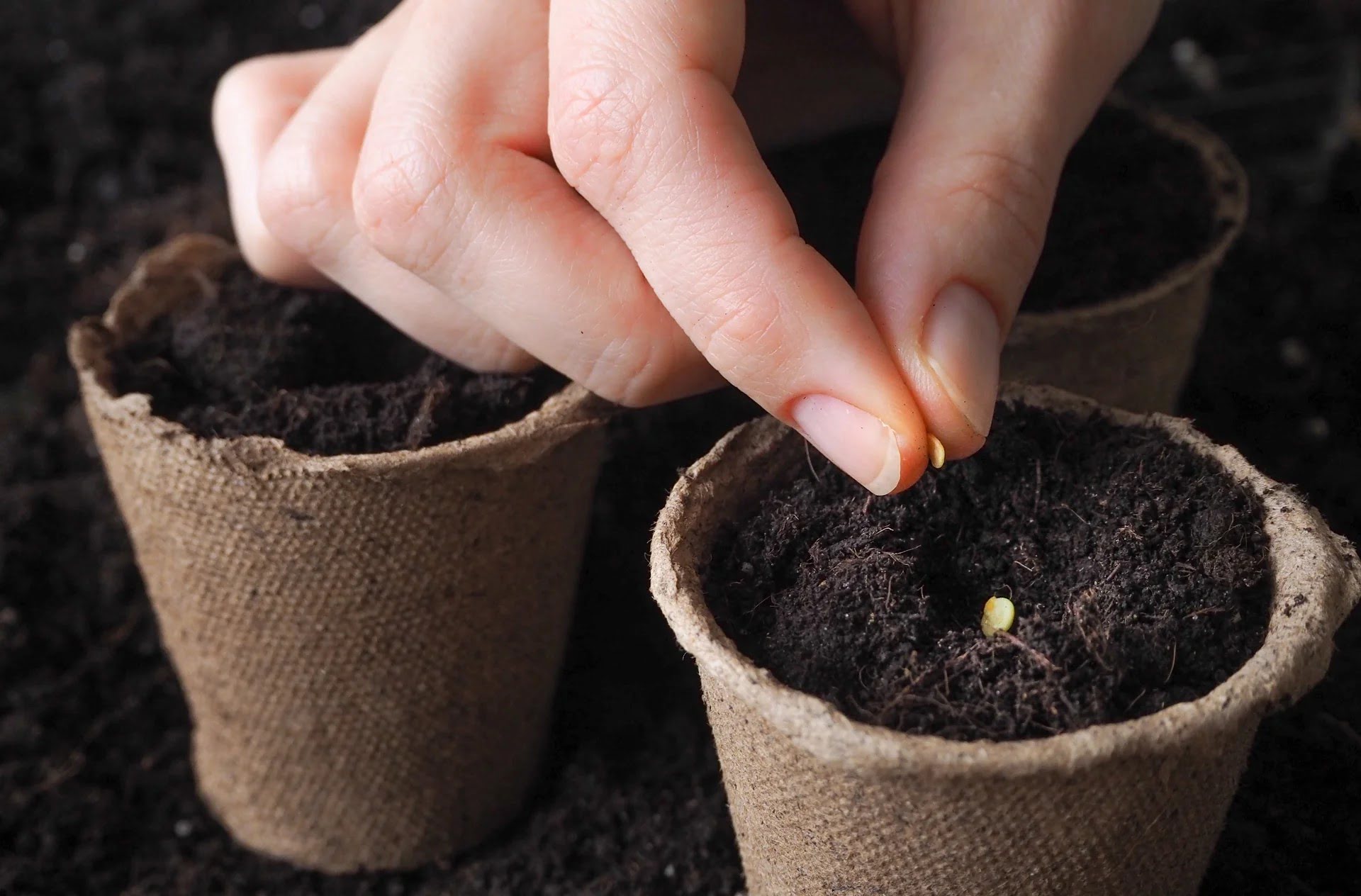

Garden Essentials
Why Use Heirloom Seeds
Modified: March 16, 2024
Discover the benefits of using heirloom seeds in your garden. Save money, support biodiversity, and enjoy delicious and unique harvests. Embrace sustainable gardening practices today!
(Many of the links in this article redirect to a specific reviewed product. Your purchase of these products through affiliate links helps to generate commission for Storables.com, at no extra cost. Learn more)
Introduction
When it comes to gardening, selecting the right seeds is crucial for a successful and rewarding experience. While many gardeners opt for hybrid seeds, there is a growing movement towards using heirloom seeds. These heirloom varieties have gained popularity in recent years, capturing the interest of gardening enthusiasts and environmentalists alike.
So, what exactly are heirloom seeds and why should you consider using them in your garden? In this article, we will delve into the world of heirloom seeds, exploring their historical significance and the benefits they offer. By understanding the value of heirloom seeds, you will gain insights into why they are becoming increasingly popular among gardening and sustainability enthusiasts.
Key Takeaways:
- Embracing heirloom seeds in your garden preserves unique flavors, promotes sustainability, and connects you to the rich history of our ancestors’ agricultural practices.
- By using heirloom seeds, you support biodiversity, reduce reliance on chemicals, and empower yourself with self-sufficiency, all while preserving our agricultural heritage for future generations.
Read more: Why Are Heirloom Seeds Illegal
What are Heirloom Seeds?
Heirloom seeds are seeds that have been passed down from generation to generation, preserving their unique characteristics and traits. These seeds are open-pollinated, which means they naturally reproduce and maintain their genetic diversity without human intervention. They have a rich history and are often associated with a specific region or culture.
Unlike hybrid seeds, which are created by cross-breeding two different varieties to produce desired traits, heirloom seeds are the result of natural pollination. This means that the plants grown from heirloom seeds will be true to the parent plant, ensuring consistency and reliability. Heirloom seeds have been carefully selected and saved over time, ensuring their purity and authenticity.
Heirloom seeds come in a wide variety of fruits, vegetables, herbs, and flowers, offering gardeners a diverse range of options to choose from. Each heirloom variety has its own unique set of characteristics, such as taste, color, size, and disease resistance. From the vibrant hues of heirloom tomatoes to the fragrant blooms of heirloom roses, these seeds provide an opportunity to connect with the rich traditions and diversity of our agricultural history.
The term “heirloom” itself implies a sense of legacy and nostalgia. Just like heirloom jewelry or furniture, these seeds carry a story and a sense of heritage. They serve as a link to our ancestors’ knowledge and practices, allowing us to cultivate the same plants that have been cherished for generations.
As heirloom seeds continue to gain popularity, seed savers and organizations dedicated to preserving their diversity have become essential. These passionate individuals and groups play a vital role in collecting, preserving, and distributing heirloom seeds, ensuring their availability for future generations.
Historical Significance of Heirloom Seeds
Heirloom seeds have a rich historical significance that stretches back for centuries. They are a living link to our agricultural past and offer a glimpse into the diverse array of plants that were cultivated by our ancestors.
Before the advent of industrial agriculture and the mass production of seeds, farmers and gardeners relied on heirloom seeds to sustain themselves and their communities. These seeds were carefully selected and saved each year, ensuring the continuation of desirable traits and the adaptation of plants to local growing conditions.
Heirloom seeds also have cultural significance, as they are often tied to specific regions and ethnic groups. For example, certain varieties of corn, such as the Hopi blue corn or the Glass Gem corn, hold deep cultural significance for Native American communities. Growing these heirloom varieties not only preserves their genetic diversity but also honors the traditions and knowledge of these communities.
Furthermore, heirloom seeds have played a vital role in human survival and resilience throughout history. During times of war, famine, or economic hardship, heirloom seeds provided a lifeline for communities, ensuring their food security and sustainability. These seeds have the ability to adapt to different environmental conditions and retain their flavor and nutritional value, making them invaluable resources for maintaining resilience in uncertain times.
In recent years, the popularity of heirloom seeds has skyrocketed, driven by a desire for both sustainability and taste. People are becoming more aware of the importance of preserving our agricultural heritage and protecting the genetic diversity of our food supply. As a result, small-scale farmers, gardeners, and home growers are embracing heirloom seeds as a means of reconnecting with nature, supporting biodiversity, and promoting sustainable practices.
By growing heirloom varieties, we not only tap into the wisdom of our ancestors, but we also contribute to the preservation of these valuable genetic resources for future generations. The historical significance of heirloom seeds serves as a reminder of our collective responsibility to be caretakers of the land and to honor the traditions and knowledge of those who came before us.
Benefits of Using Heirloom Seeds
Using heirloom seeds in your garden offers a multitude of benefits that go beyond simply growing plants. Let’s explore some of the advantages of incorporating heirloom seeds into your gardening practices:
- Genetic Diversity and Preservation: Heirloom seeds play a crucial role in preserving genetic diversity. With the rise of industrial agriculture and monoculture farming, many crop varieties have been lost or replaced with commercial hybrids. By growing heirloom seeds, you contribute to the conservation of unique and rare plant varieties that may otherwise become extinct.
- Environmental Sustainability: Heirloom seeds are typically well adapted to their local environments. They have had generations to adapt and evolve, making them hardier and more resilient. By growing heirloom plants, you can reduce the use of synthetic fertilizers and pesticides, promote natural pest control, and support sustainable farming practices.
- Taste and Flavor: One of the most delightful aspects of growing heirloom varieties is their exceptional taste and flavor. Unlike some hybrid varieties that prioritize characteristics like shelf life and uniformity, heirloom seeds often produce fruits and vegetables with a superior taste profile. From the rich, aromatic flavors of heirloom tomatoes to the nuanced sweetness of heirloom melons, these varieties can elevate your culinary creations.
- Seed Saving and Self-Sufficiency: Heirloom seeds are open-pollinated, which means that you can save and replant the seeds from your harvest. This practice allows you to become self-reliant and self-sufficient in your gardening endeavors. Saving seeds from each generation of plants ensures the continuation of desirable traits, reduces dependency on commercial seed sources, and fosters a deeper connection with the natural cycle of life.
- Healthier and Nutrient-Rich Produce: Heirloom varieties are often packed with essential nutrients and antioxidants. They are typically grown using natural farming methods, which can result in higher nutrient content compared to conventionally grown produce. By consuming heirloom fruits and vegetables, you can enhance your overall well-being and support a nutritious diet.
- Saving Money in the Long Run: While heirloom seeds may initially have a higher upfront cost compared to commercial hybrids, the ability to save and replant seeds after each harvest can lead to significant savings in the long run. By building a collection of saved seeds over time, you can establish a self-sustaining cycle that reduces the need to buy seeds year after year.
By utilizing heirloom seeds in your garden, you not only reap the benefits of better tasting and more diverse produce but also contribute to the preservation of our agricultural heritage and the promotion of sustainable and resilient farming practices.
Genetic Diversity and Preservation
One of the key benefits of using heirloom seeds in gardening is the promotion of genetic diversity and preservation. Heirloom seeds offer a wide range of unique and distinct varieties that may not be available through commercial sources. By growing heirloom plants, you contribute to the conservation of valuable genetic resources and help prevent the loss of plant diversity.
In recent decades, modern agriculture has increasingly relied on a narrow selection of hybrid seeds and monoculture farming practices. This focus on uniformity and high yields has led to the neglect and decline of many traditional and heirloom crop varieties. As a result, countless unique plant varieties have become rare or even extinct.
Heirloom seeds provide a solution to this problem by preserving the genetic diversity of plants. These seeds are typically handed down through generations, carefully saved and shared by farmers, gardeners, and seed-saving organizations. They maintain the unique characteristics and traits of their parent plants, ensuring the continued existence of rare and valuable genetic variations.
By growing heirloom plants, you contribute to the preservation and conservation of diverse plant traits, including taste, aroma, color, size, and disease resistance. This genetic diversity is crucial in the face of changing environmental conditions and emerging plant diseases or pests. If a particular crop variety succumbs to a new threat, having alternative heirloom varieties with different genetic traits can help ensure the resilience and survival of our food supply.
Furthermore, preserving genetic diversity in plants is not only essential for food security but also for the preservation of cultural and historical heritage. Many heirloom varieties are deeply tied to specific regions, cultures, or communities. They carry a story and represent the traditional knowledge and practices of our ancestors. By cultivating and protecting these heirloom seeds, we honor our agricultural heritage and maintain the cultural and genetic legacy associated with them.
Without the conservation efforts of gardeners, farmers, and seed banks, many heirloom varieties would be lost forever. By actively selecting heirloom seeds and incorporating them into our gardens, we actively participate in the preservation of our diverse agricultural heritage. Every seed planted and regenerated ensures the continued existence and availability of these unique plant populations for future generations to enjoy and learn from.
When using heirloom seeds, you are preserving genetic diversity, supporting local ecosystems, and promoting sustainable agriculture.
Read more: Why Do Heirloom Seeds Need To Ferment
Environmental Sustainability
Using heirloom seeds in your gardening practices promotes environmental sustainability in several important ways. From preserving biodiversity to reducing reliance on synthetic inputs, heirloom seeds offer a more sustainable approach to farming and gardening.
One of the key advantages of heirloom seeds is their ability to maintain genetic diversity. With the rise of industrial agriculture, many commercial crops are grown using hybrid seeds, which prioritize high yields and uniformity. This narrow focus on a few select varieties can lead to a loss of biodiversity, making our food system more vulnerable to diseases, pests, and changes in climate. By growing heirloom seeds, you contribute to the preservation of diverse plant genetics, maintaining resilience in the face of environmental challenges.
Heirloom plants are often well adapted to local growing conditions. Over generations, these plants have evolved and adapted to specific climates, soil types, and pest pressures. By growing heirloom varieties, you can reduce the need for synthetic fertilizers and pesticides. These plants are often more disease-resistant and resilient, requiring fewer chemical inputs to thrive. As a result, using heirlooms promotes natural pest control and reduces the negative environmental impacts associated with chemical-intensive farming.
Heirloom seeds also play a crucial role in supporting pollinator populations. Many heirloom plants, such as flowering herbs and native wildflowers, provide essential nectar and pollen for bees, butterflies, and other beneficial insects. These pollinators are key to ecosystem health and the success of food production. By including heirloom varieties in your garden, you create a biodiverse habitat that supports and attracts pollinators, contributing to the overall health of your local ecosystem.
Furthermore, heirloom seeds promote sustainable farming practices by encouraging seed saving and self-sufficiency. With heirlooms, you have the ability to save seeds from your harvest and replant them in subsequent seasons. This practice reduces reliance on commercial seed sources and supports self-sufficiency in food production. By saving seeds, you also play a role in preserving and promoting seed sovereignty, empowering individuals and communities to have control over their food systems.
When it comes to preserving our environment and promoting sustainability, every small step counts. By selecting heirloom seeds, you make a conscious choice to support biodiversity, reduce chemical inputs, and empower sustainable agriculture practices. Embracing heirloom varieties in your garden not only benefits your immediate surroundings but also contributes to a larger movement towards a more sustainable and resilient food system.
Taste and Flavor
One of the undeniable pleasures of using heirloom seeds in your garden is the exceptional taste and flavor they bring to your table. Heirloom varieties are renowned for their unique and delicious flavors that can elevate your culinary experiences to new heights.
Unlike some hybrid varieties that prioritize traits like shelf life and durability, heirloom seeds have been carefully preserved for their exceptional taste and flavor. These seeds have been passed down through generations, selected for their superior taste profiles and culinary qualities.
Heirloom tomatoes are a prime example of the extraordinary flavor that heirloom varieties can offer. From the juicy, sweet flavors of Brandywine and Cherokee Purple to the intense acidity of Green Zebra, each heirloom tomato variety has its distinct taste profile. These tomatoes burst with complex flavors, often described as rich, robust, and full-bodied, enhancing any dish they are incorporated into.
The exceptional taste of heirloom varieties extends beyond just tomatoes. Heirloom peppers, melons, strawberries, and other fruits and vegetables boast unique flavor profiles that can surprise and delight your taste buds. Whether it’s the sweet, floral notes of heirloom watermelon or the intense heat and smokiness of heirloom chili peppers, these varieties offer a wide range of flavors to explore and enjoy.
Furthermore, the diversity of heirloom seeds extends to herbs and culinary flowers. Varieties like Genovese basil, lemon balm, and lavender offer distinct aromas and flavors that can elevate your cooking or beverage creations. These herbs and flowers not only add depth and complexity to your dishes but also provide a sensory experience that engages all your senses.
When you choose to grow heirloom seeds, you are not only opting for superior taste and flavor, but you are also supporting the preservation of unique and cherished culinary traditions. Many heirloom varieties have been cultivated for their outstanding taste for generations, passed down with care and knowledge from one gardener to the next. By growing and savoring these heirloom varieties, you connect with a long history of culinary excellence and contribute to the preservation of these treasured flavors.
Whether you are a home cook, chef, or simply a food enthusiast, using heirloom seeds in your garden can provide a delightful and satisfying culinary experience. The exceptional flavors of heirloom varieties can transform your meals into unforgettable dining experiences, making every bite a celebration of taste and tradition.
Seed Saving and Self-Sufficiency
One of the unique advantages of using heirloom seeds in your gardening endeavors is the ability to save and replant the seeds from your harvest. This practice of seed saving not only promotes self-sufficiency but also contributes to the preservation of heirloom varieties and fosters a deeper connection with the natural cycle of life.
Heirloom seeds are open-pollinated, meaning they reproduce naturally through pollination by wind, insects, or birds. Unlike hybrid seeds, which produce offspring with varying traits, heirloom seeds produce plants that are true to their parent. This characteristic allows you to save seeds from each generation and maintain the desired traits year after year.
By saving seeds from your heirloom plants and replanting them, you create a self-sustaining cycle. This practice reduces or eliminates the need to purchase commercial seeds, making you less reliant on external seed suppliers. Over time, you can build a collection of saved heirloom seeds, representing a wide diversity of varieties that are well adapted to your specific growing conditions.
Seed saving also empowers you to have control over your food supply. When you save seeds, you become less dependent on commercial seed sources and have the freedom to choose and propagate the plants that you enjoy most. This self-sufficiency allows you to cultivate your own diverse selection of heirloom varieties, ensuring a reliable source of high-quality seeds for future plantings.
Furthermore, seed saving promotes the preservation of heirloom varieties and helps prevent their loss. As you save seeds from your heirloom plants, you contribute to the conservation of unique plant genetics. Many heirloom varieties have been passed down through generations, with each gardener playing a crucial role in their preservation. By actively participating in seed saving, you become a steward of these valuable genetic resources, ensuring their availability for future generations.
Seed saving also fosters a deeper connection with the natural world and the cycle of life. It allows you to witness and engage with the miracle of plant reproduction firsthand. Saving seeds requires patience and observation, as you carefully select and collect seeds from the healthiest, most desirable plants. This process deepens your understanding and appreciation for the intricate relationship between plants, pollinators, and the environment.
As you embark on your seed saving journey, it is essential to learn about proper techniques and considerations for each plant species. Some plants require specific methods of seed collection, drying, and storing to ensure their viability over time. Luckily, there are numerous resources, books, and communities available to guide you in the art of seed saving.
By embracing seed saving and self-sufficiency in your gardening practices, you not only empower yourself with greater control over your food source but also contribute to the preservation of heirloom varieties and the promotion of sustainable agriculture. Seed saving is a rewarding and empowering practice that connects you to the ancient wisdom of our ancestors and offers a pathway to a more self-reliant and resilient future.
Conclusion
In conclusion, using heirloom seeds in your gardening endeavors offers a multitude of benefits that go beyond just growing plants. These seeds, with their rich historical significance and distinct characteristics, provide an opportunity to reconnect with our agricultural past and preserve our diverse plant heritage.
Heirloom seeds not only promote genetic diversity and conservation but also contribute to environmental sustainability. By nurturing heirloom plants, you support biodiversity, reduce the need for synthetic inputs, and create habitats for pollinators. It is a small yet impactful way to make a positive difference in our food system and the health of our planet.
The exceptional taste and flavor of heirloom varieties cannot be overlooked. From the luscious sweetness of tomatoes to the unique spiciness of peppers, these seeds offer a culinary experience that is unmatched in the world of modern hybrids. They bring joy, flavor, and nostalgia to every dish.
Furthermore, heirloom seeds empower gardeners to become self-sufficient and self-reliant. Through seed saving, you can create a self-sustaining cycle of seeds, reducing dependency on external suppliers and giving you greater control over the plants you grow. This practice allows you to preserve and select the best traits of heirloom varieties, ensuring their continuity for future generations.
As we embrace heirloom seeds, we honor the agricultural wisdom of our ancestors and the connections to our cultural and historical heritage. Each seed planted is a testament to the resilience and ingenuity of generations past, and a commitment to preserving our agricultural legacy for the future.
So, whether you are a seasoned gardener, a beginner enthusiast, or someone who simply appreciates the beauty and flavor of heirloom varieties, consider incorporating heirloom seeds into your gardening practices. Embrace the richness, the diversity, and the stories that these seeds carry. By choosing to cultivate heirloom seeds, you join a thriving community dedicated to preserving our past, protecting our present, and nurturing a bountiful and sustainable future.
Frequently Asked Questions about Why Use Heirloom Seeds
Was this page helpful?
At Storables.com, we guarantee accurate and reliable information. Our content, validated by Expert Board Contributors, is crafted following stringent Editorial Policies. We're committed to providing you with well-researched, expert-backed insights for all your informational needs.
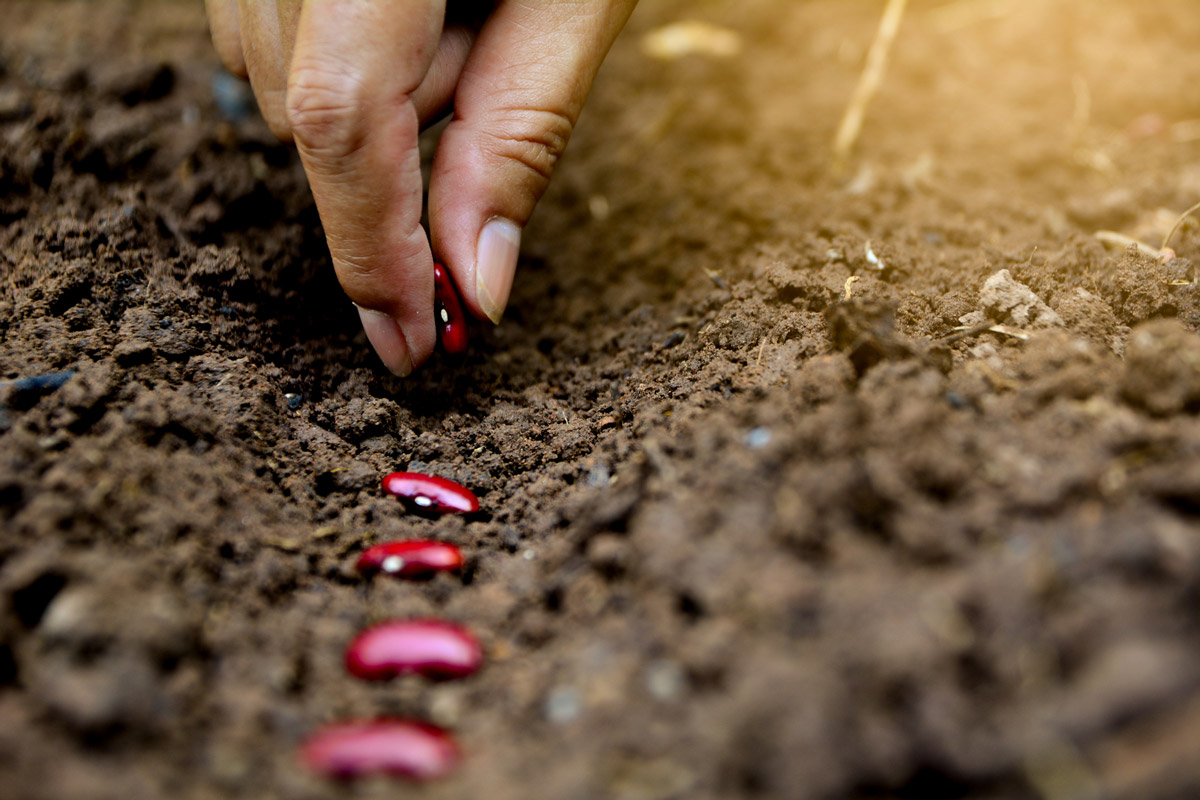
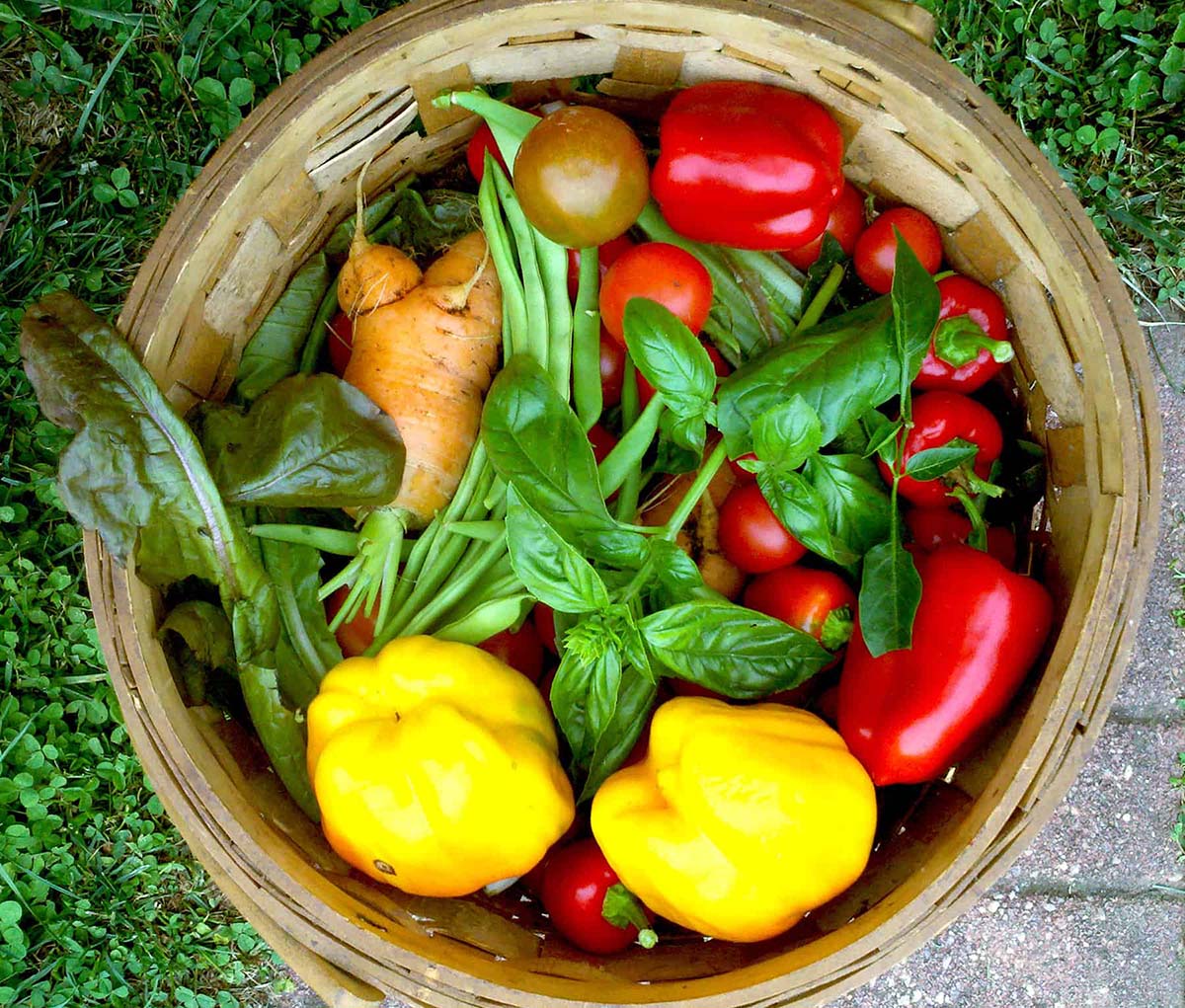
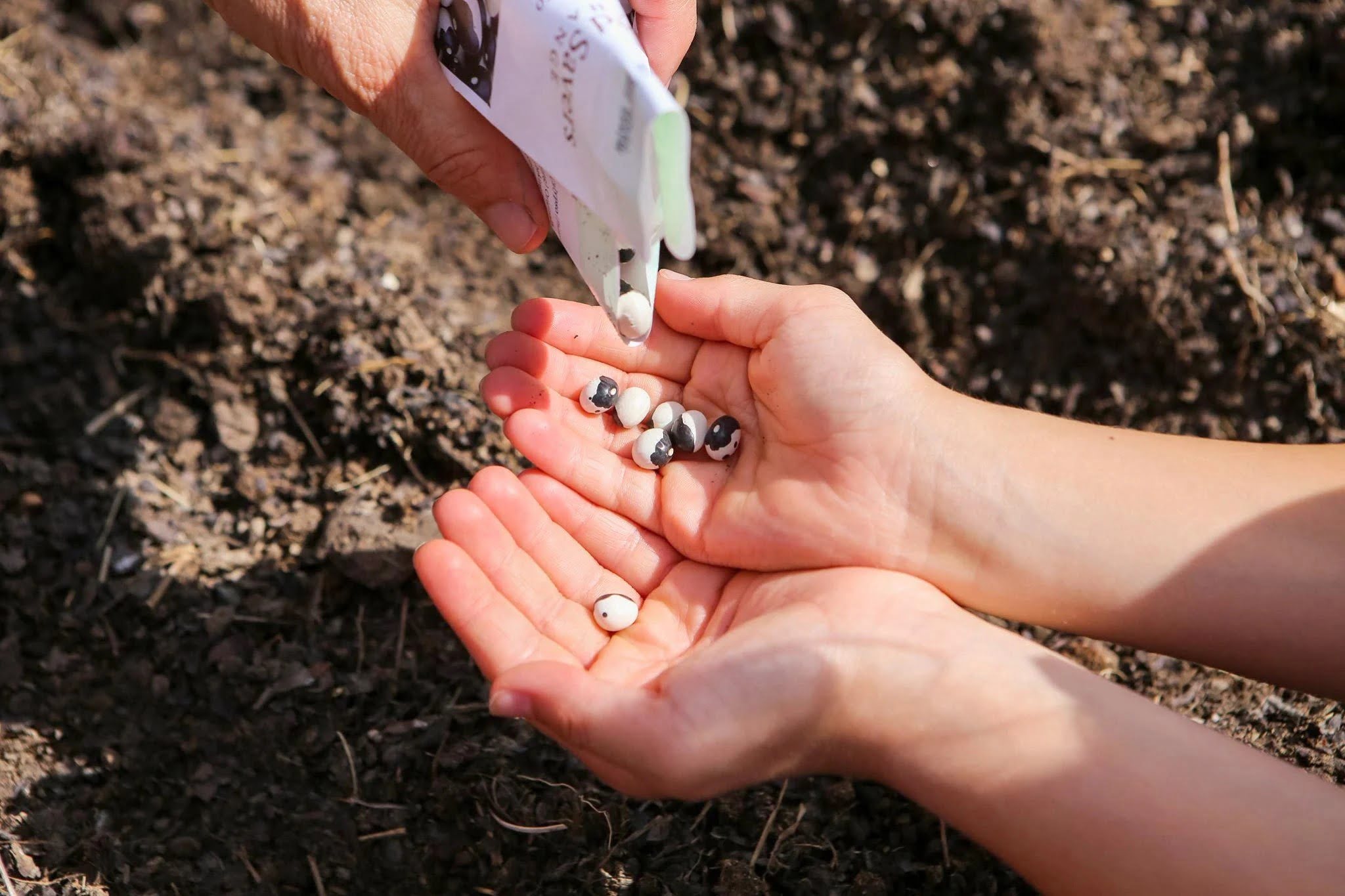
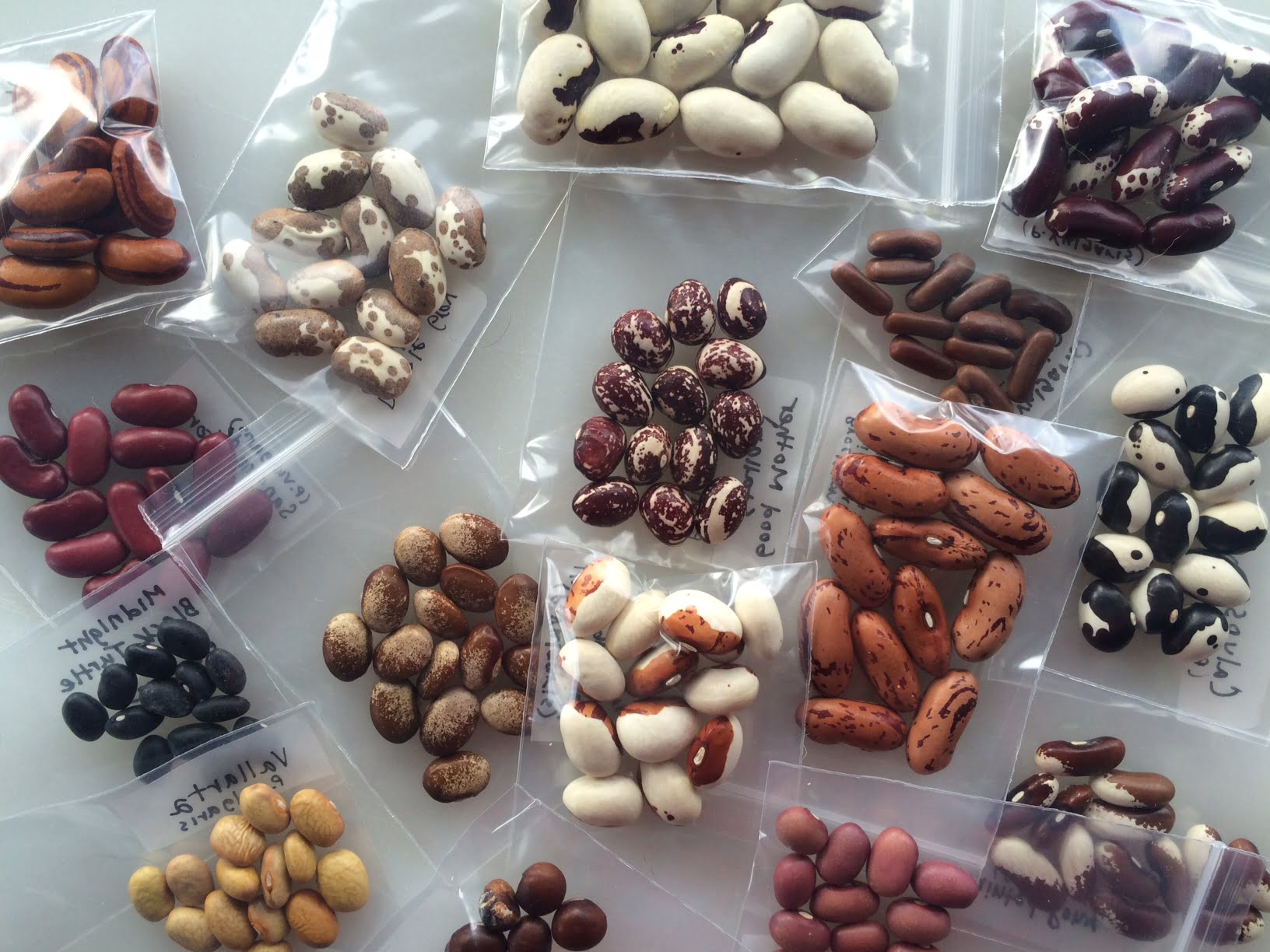
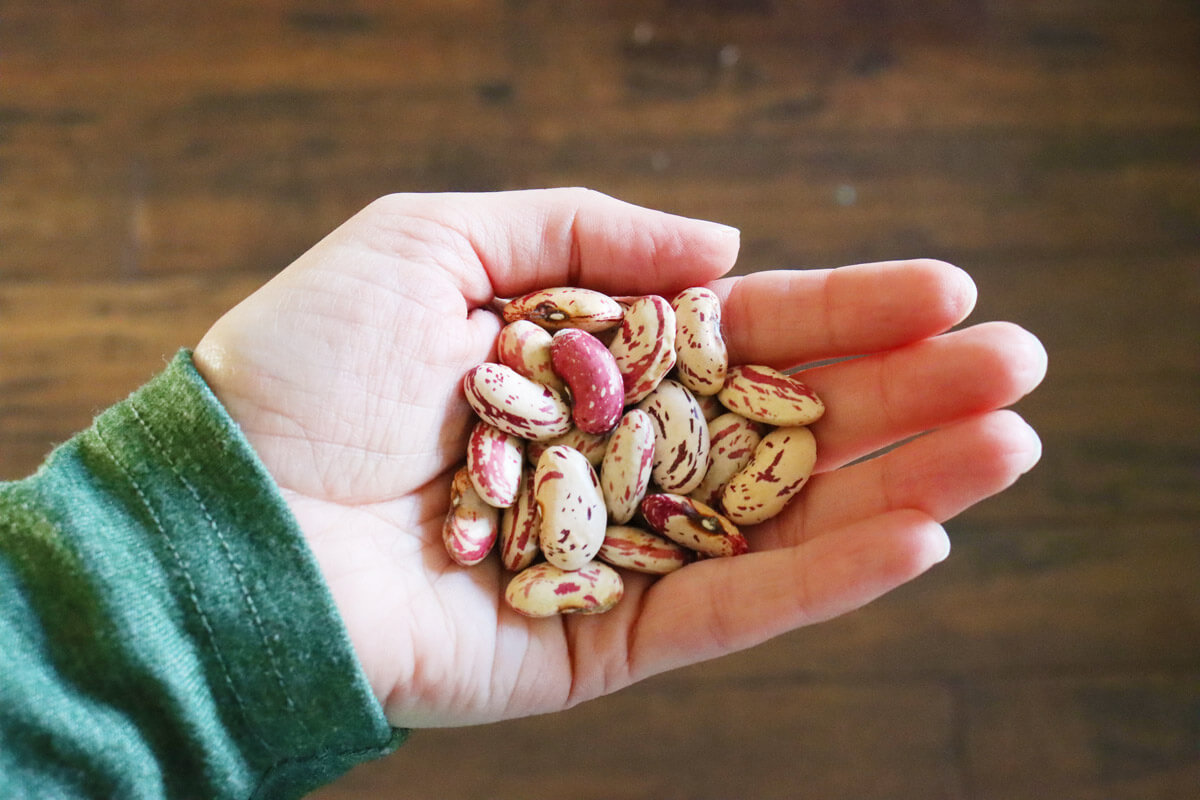
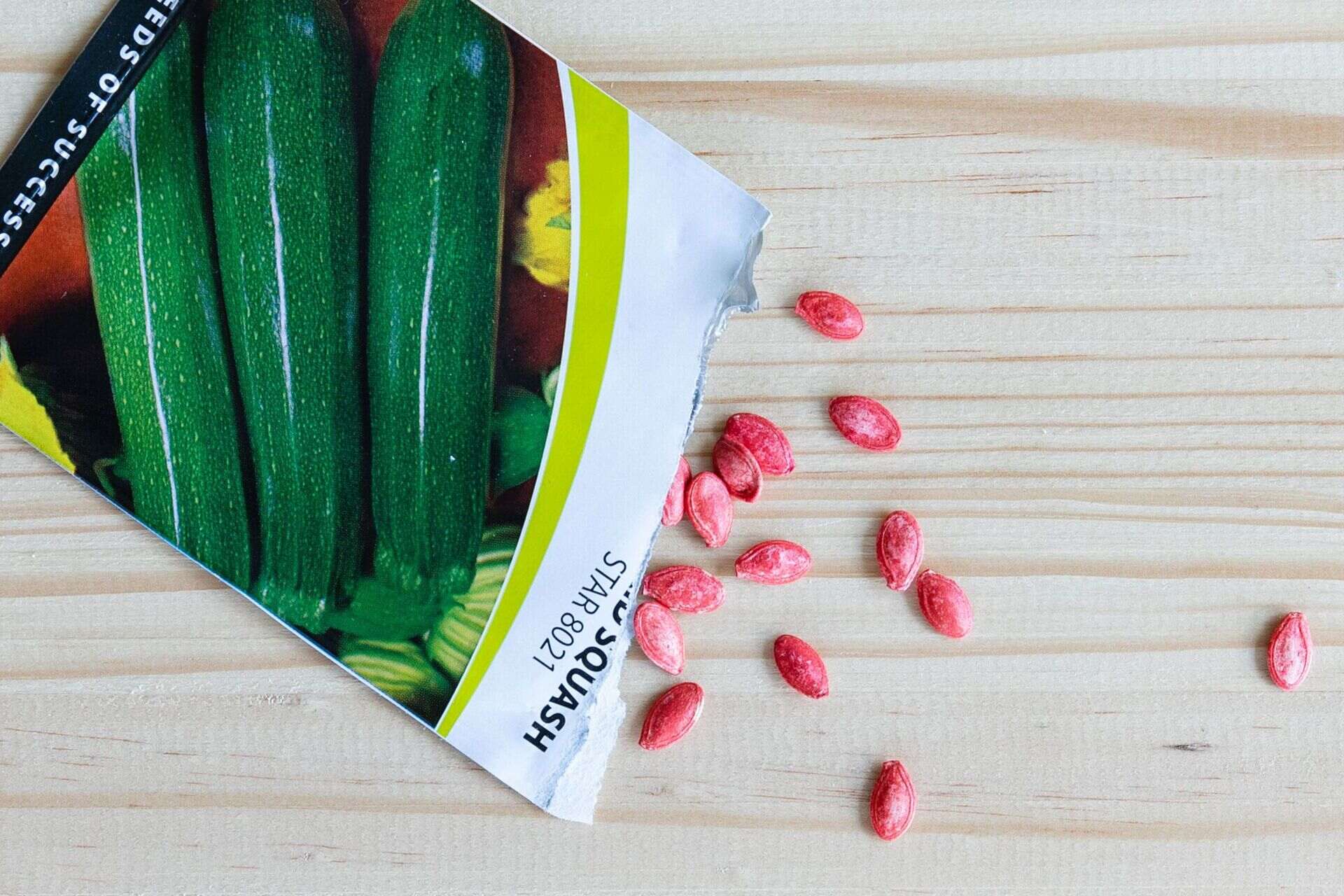
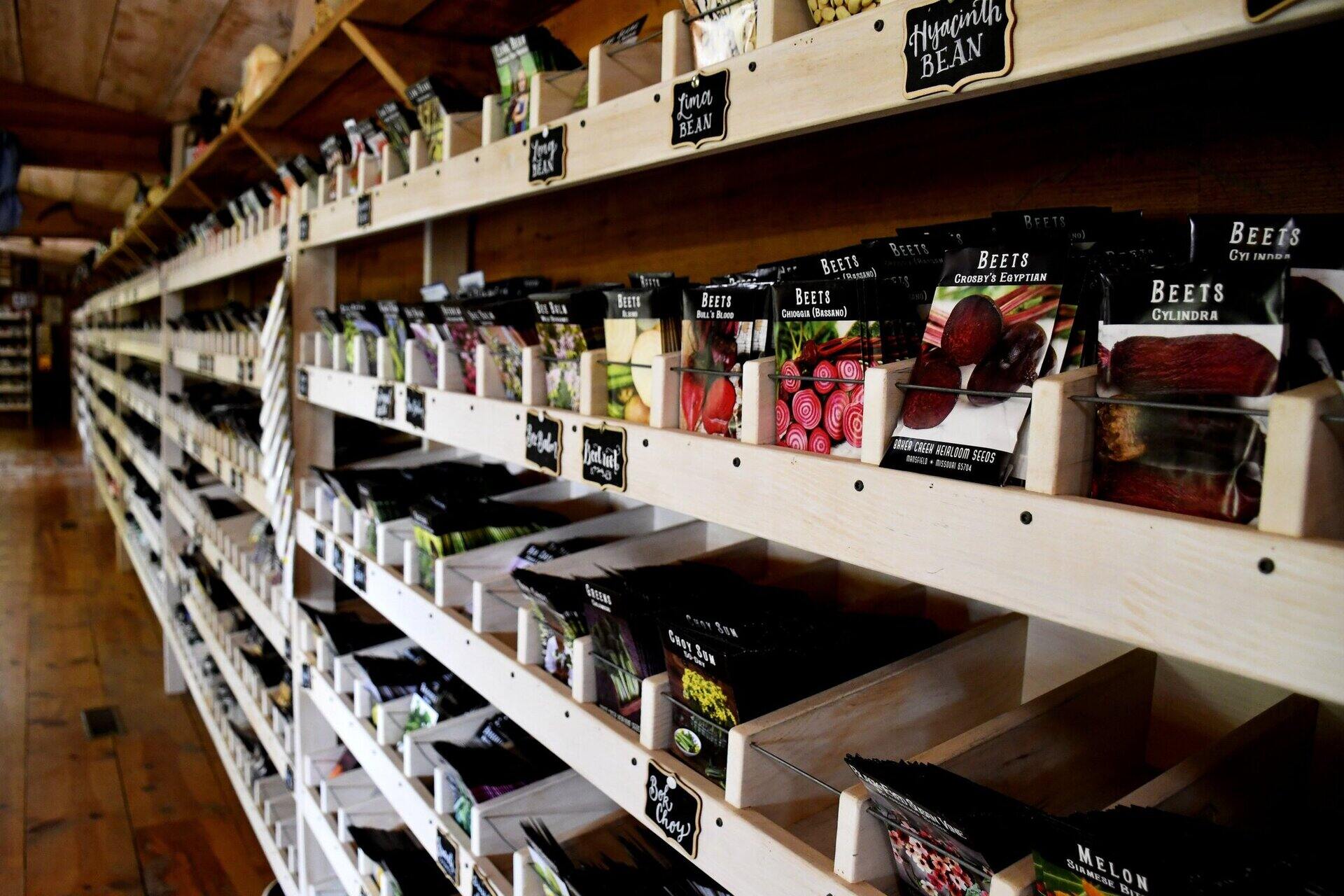
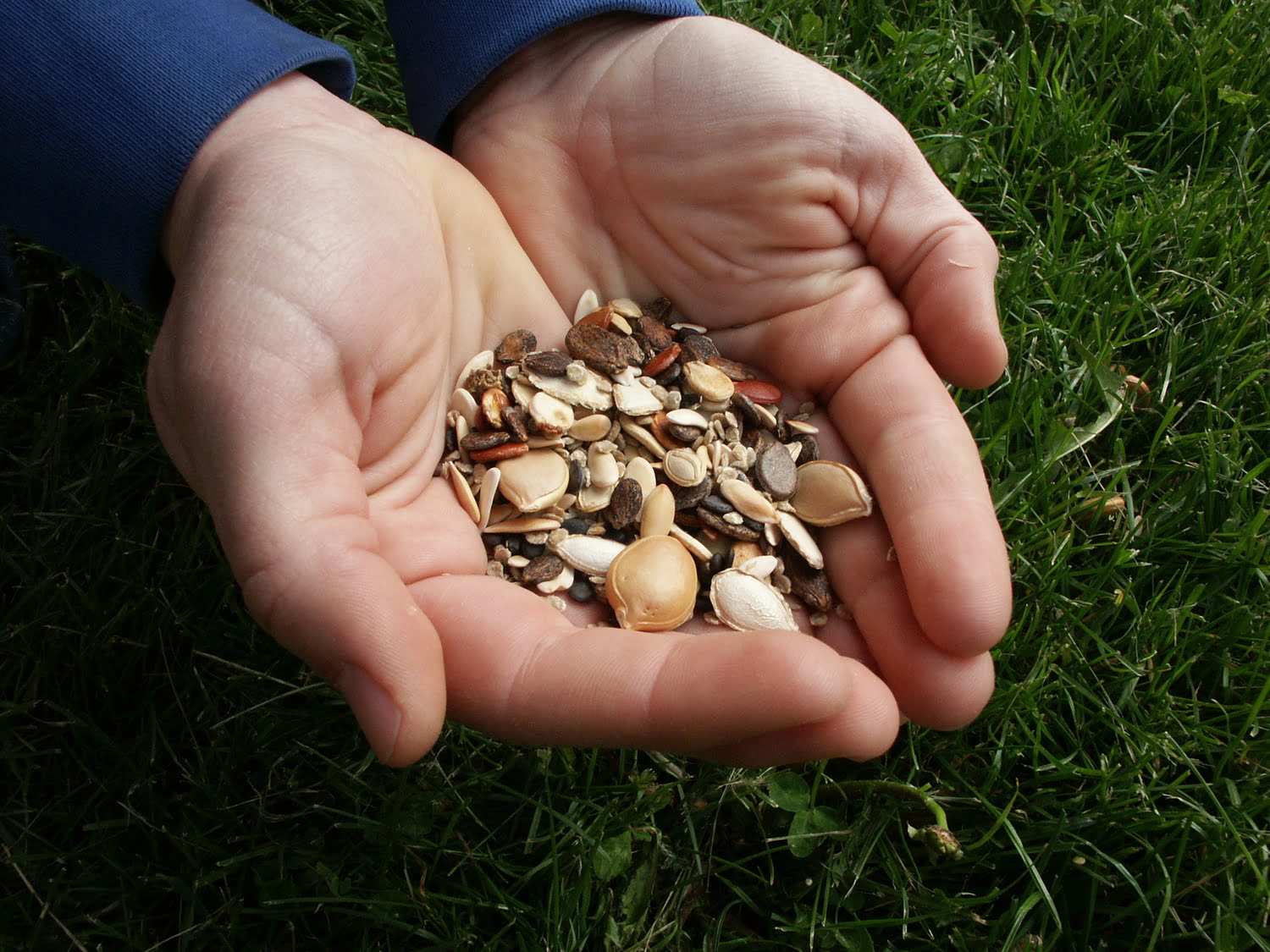
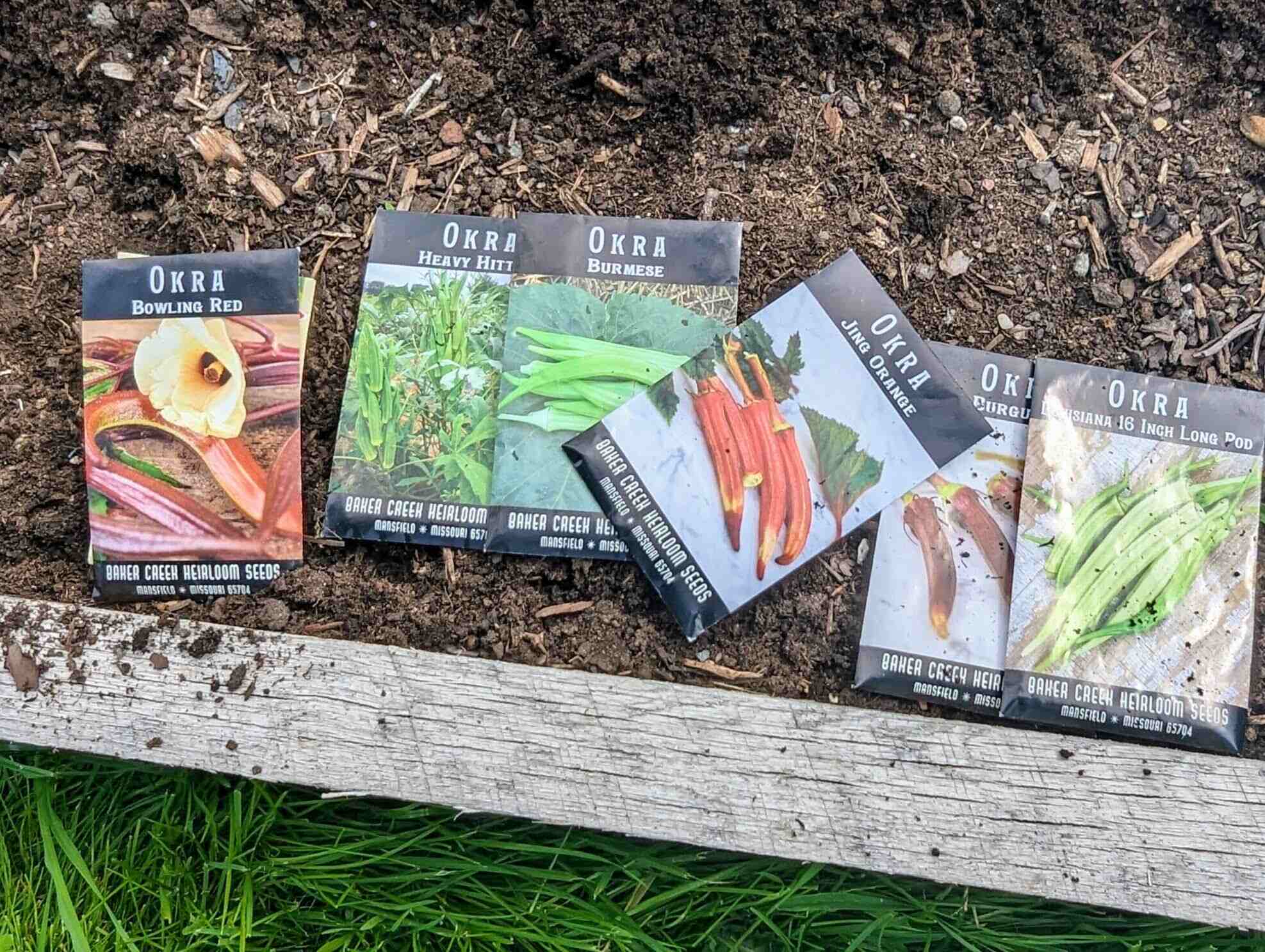
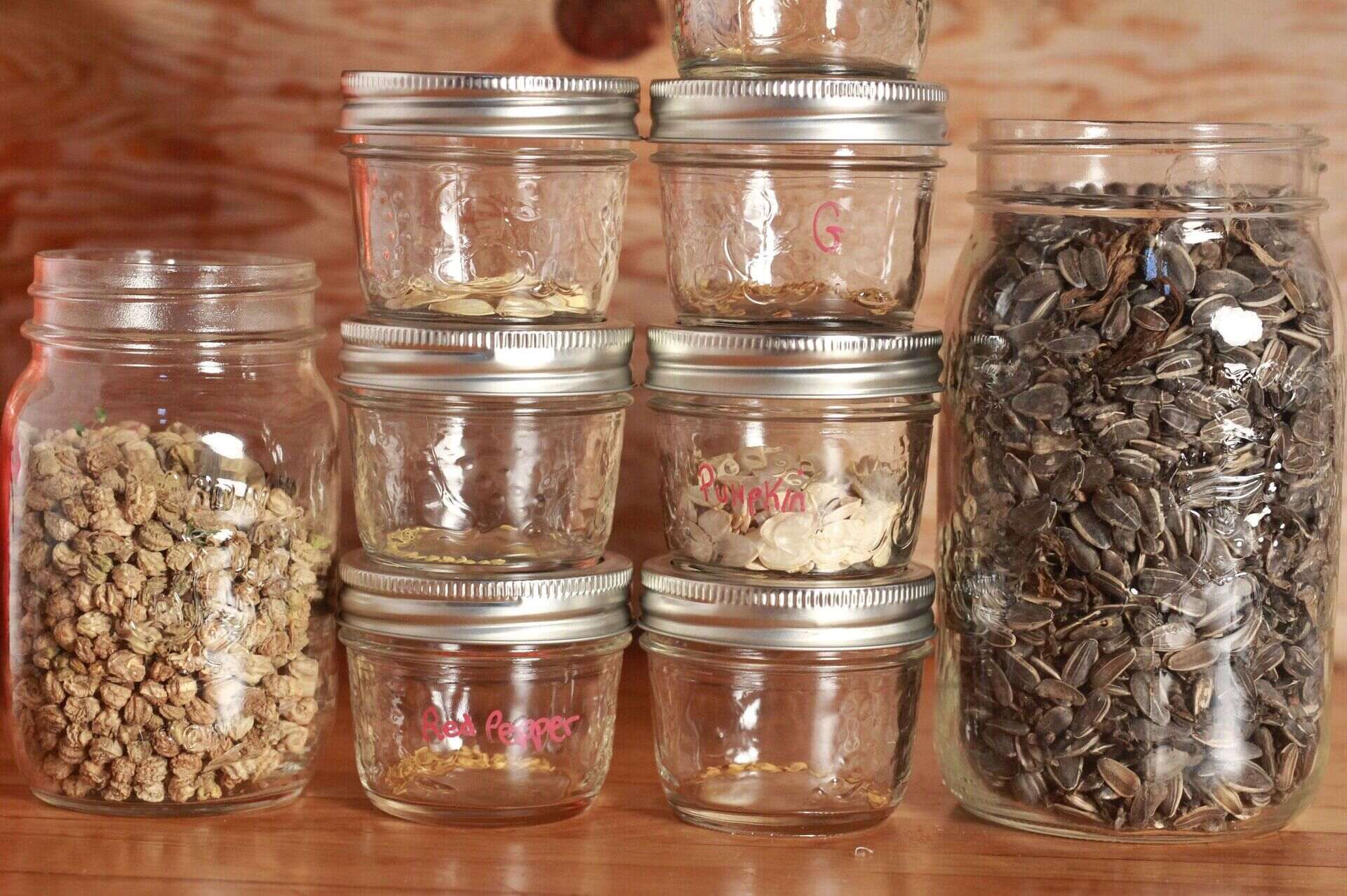
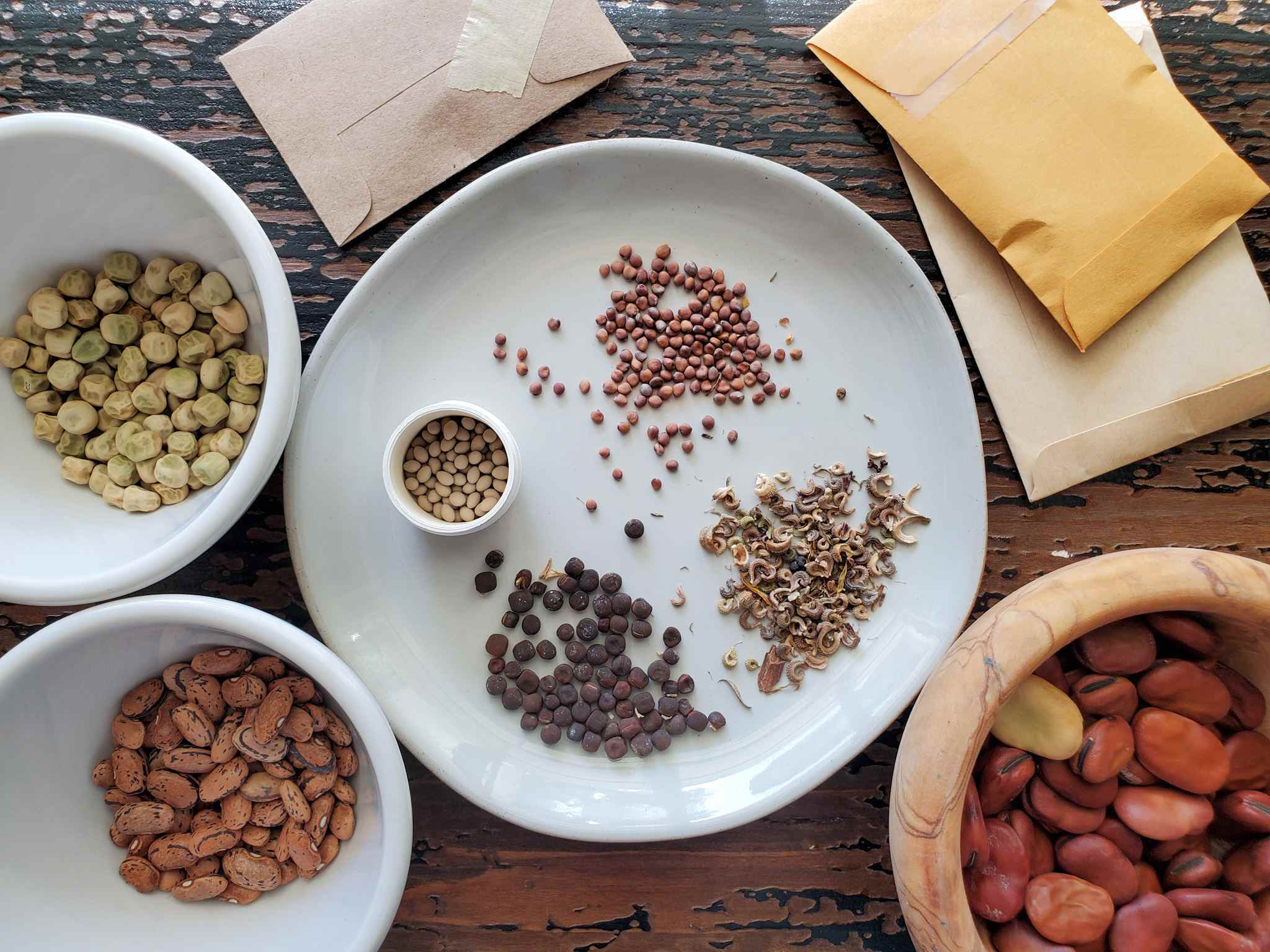
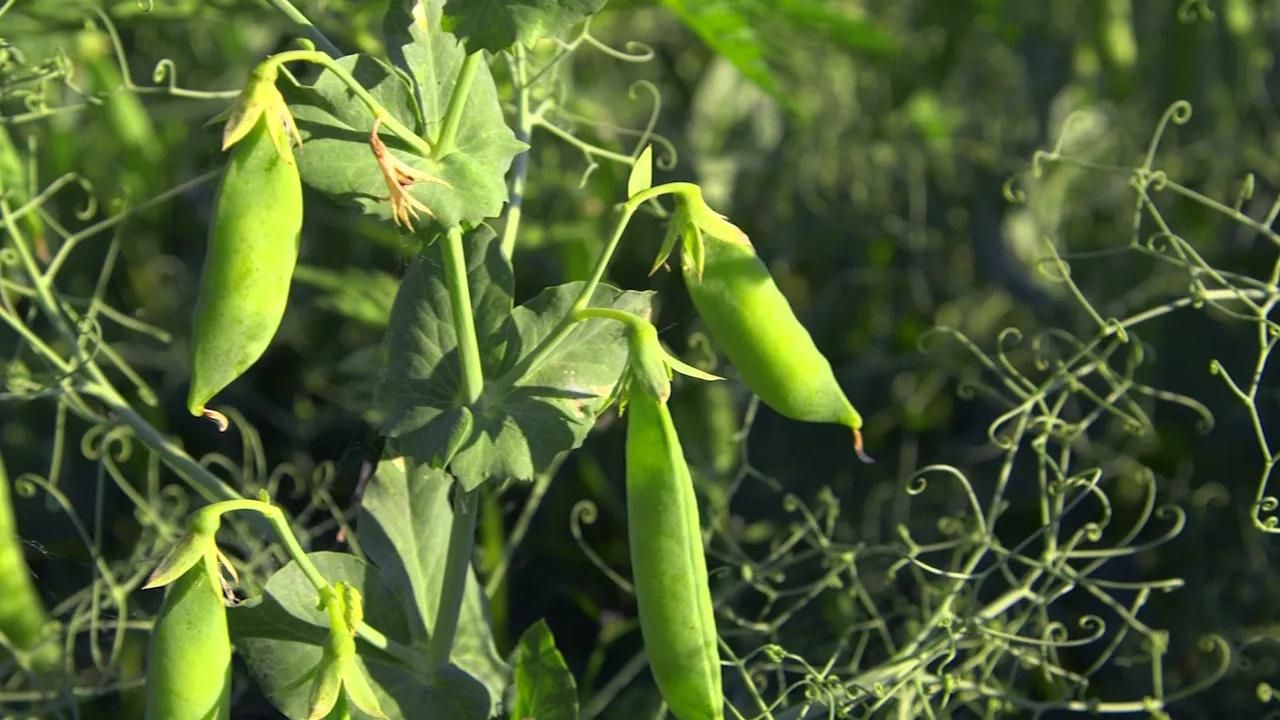
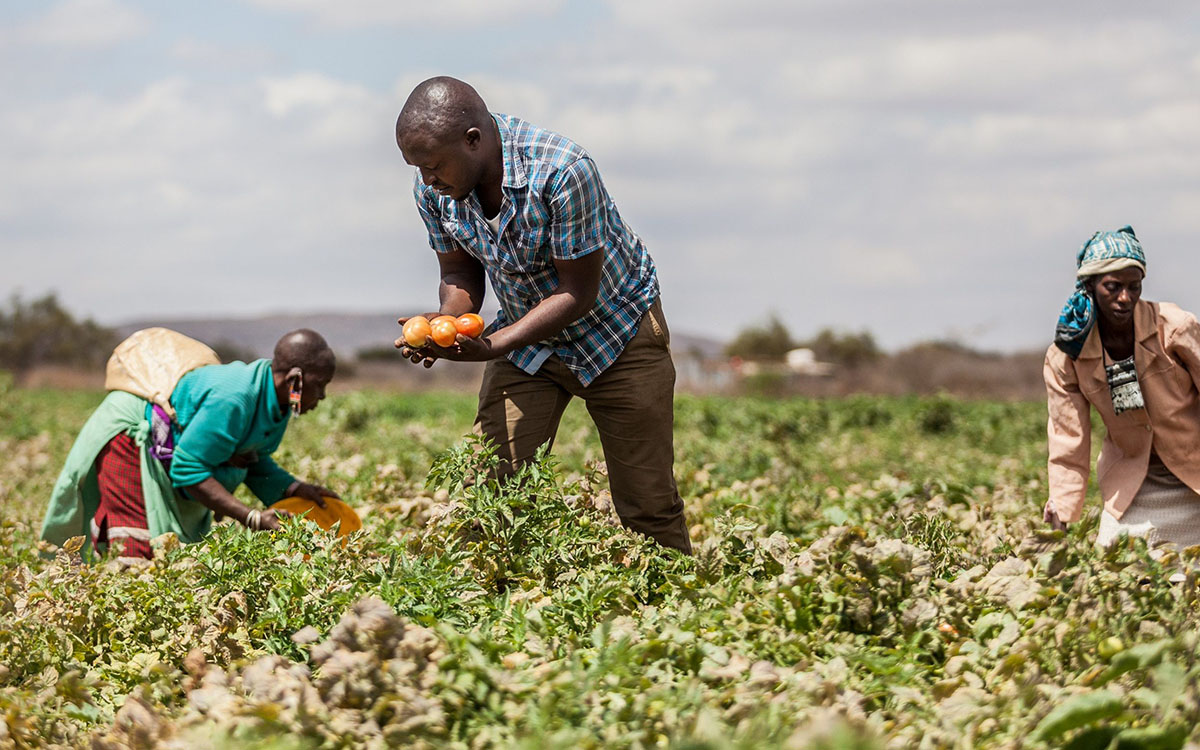
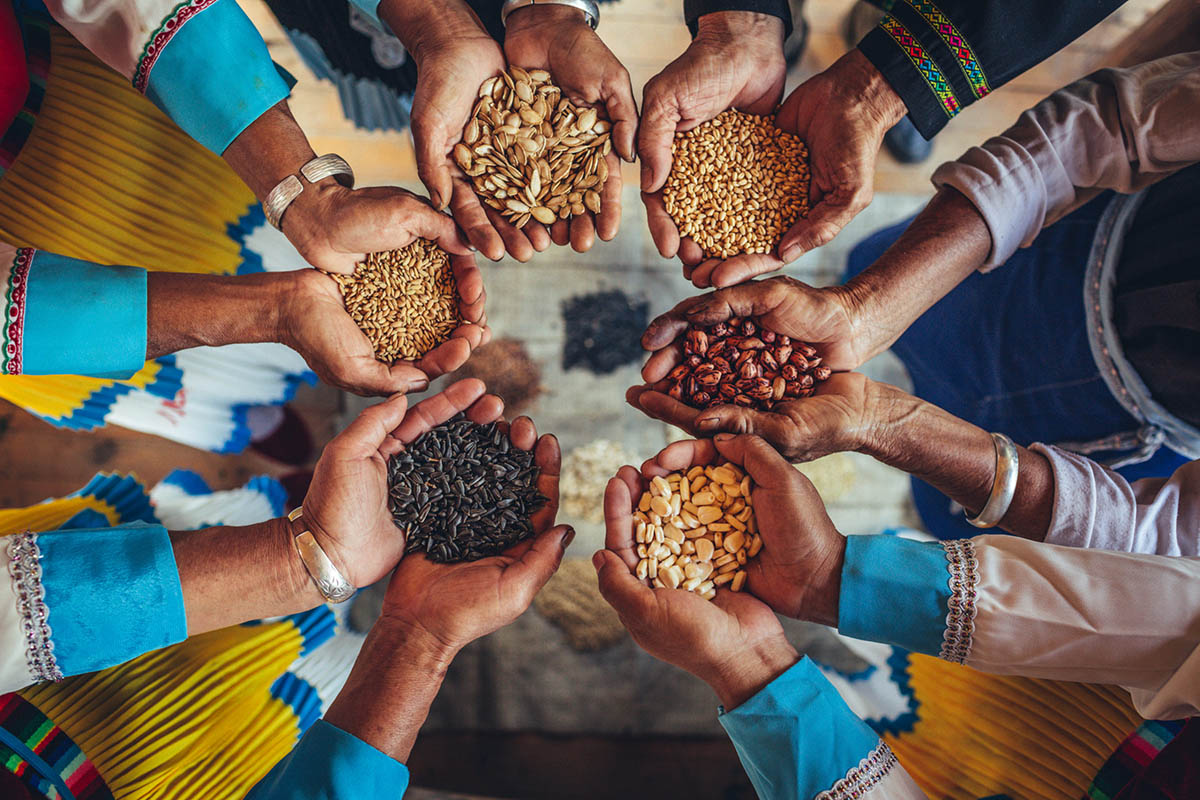

0 thoughts on “Why Use Heirloom Seeds”